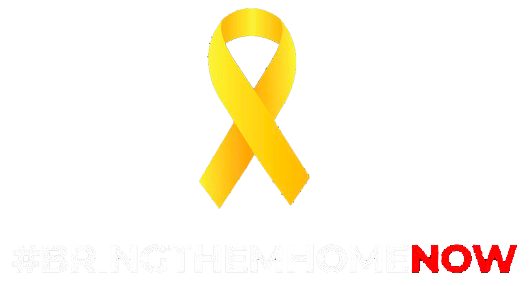Severe weather can hit at any moment. From tornadoes to hurricanes, ice storms, drought, earthquakes, wildfires and flooding, severe weather can cause significant property damage, power outage and even be life-threatening.
At Insuranks, we want to make sure you are well educated and have the right coverage when things go wrong. It’s important to know what your home insurance does and doesn’t cover in case a severe storm or other weather condition causes damage.
That’s why we wanted to find out which states have the most and least severe weather. We analyzed hundreds of weather-related Federal Emergency Management Agency (FEMA) disaster declarations to locate severe weather hot spots and the most common type of severe weather in each state. We also asked Americans about their severe weather experiences to better understand how people prepare for storms. Read on to find out the states with the best and worst weather!
FEMA Disaster Declarations

All emergency and major disaster declarations are made solely at the discretion of the President of the United States. Over the years, the U.S. government has provided billions in funding to help communities recover from major weather events.
There are two types of disaster declarations, including Emergency Declarations and Major Disaster Declarations. We analyzed data from FEMA over a decade and identified weather-related Major Disaster Declarations and Emergency Declarations for each state. Over a decade, 661 weather-related disaster declarations were made across all 50 states.
Louisiana had the most with 30 declarations. Tropical storms were the most common type of severe weather in the Bayou State with 10 declarations listed as tropical storms. Florida came in second with 29 weather-related disaster declarations, with 21 of the Sunshine State’s disasters relating to hurricanes.
California came in third with 28 weather-related disaster declarations, with the most common concern being fire. Additionally, 9 states including Mississippi, Alabama, and New York had 20 or more weather-related disaster declarations.
While some states have multiple disaster declarations every year, others go years without one. Indiana, Nevada, and Wyoming tied for the least amount of weather-related disaster declarations at 3 a piece. 18 states had less than 10 weather-related disaster declarations.
Each U.S. State’s Most Common Severe Weather

The type of severe weather you experience depends on where you live. According to our analysis, the most common element of severe weather was severe storms. Severe storms were listed in 154 disaster declarations and were the most common type of severe weather element in 16 states including Alaska, Missouri, Utah, and Vermont.
Flooding was also a major problem across the U.S. with 150 disaster declarations. Flooding was the most common weather element in 18 states including Arizona, Idaho, North Dakota, and Minnesota. Hurricanes were the third most common with 66 disaster declarations. It may be no surprise hurricanes were the biggest threat in 9 states including Florida, Georgia, and North and South Carolina.
There is some severe weather that seems unique to certain states. Fire was the most common in California and Colorado, while declarations related to severe winter storms were most common in Massachusetts, Oregon, Rhode Island, and New York.
How Americans Experience Severe Weather

1 in 3 Americans have lived through a FEMA weather-related disaster. And while each state experiences different kinds of severe weather, Americans aren’t always prepared. 86% said they have been caught off guard by severe weather. In fact, nearly half of Americans have suffered some sort of property damage due to storms.
Severe weather can be life-threatening and downright scary. According to our survey, the worst type of severe weather is tornadoes, followed by hurricanes and wildfires. 83% reported feeling scared by severe weather, while more than half said they have experienced life-threatening severe weather.
How Prepared Are Americans for Severe Weather?

Severe weather can vary greatly depending on where you live. That could be why 1 in 6 have considered moving due to severe weather in their area.
While it’s hard to predict when severe weather will strike, there are ways to be prepared. 60% of Americans say they are prepared for severe weather. More than 2 in 3 (69%) baby boomers said they felt ready for severe weather, compared to 53% of Gen Z.
More than half of Americans (54%) have an emergency kit. According to FEMA kits should include things like food, water, and other supplies like cash, batteries, and chargers to last you for several days if needed. Americans say the best way to prepare for severe weather is to have an emergency plan and to have an emergency kit.
More:
Another way people prepare for storms is by staying up to date, as 86% have received emergency alerts on their phone about severe weather. Other ways include watching the weather, protecting your home and property, and watching the news.








